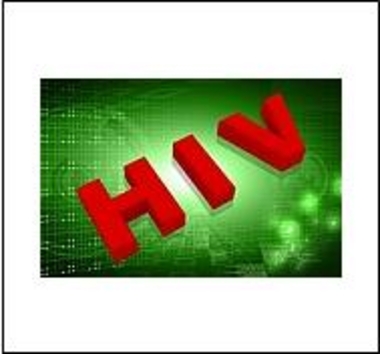Confidentiality of HIV

Because of the negative consequences that occur when someone’s HIV status is disclosed or publicized, we, being friends and family of those with HIV, their case managers, counselors, medical professionals, and anyone else who is working with them should all take extra precautions to ensure that their status is not inadvertently disclosed. While most breaches of confidentiality of HIV status probably are inadvertent, there are several things we can do to prevent it from happening.
People living with HIV need to disclose their status to their doctors and health care providers as soon as it is discovered. They also need to disclose it to their sexual partner. Since there is no chance of spreading it to someone through everyday casual contact like shaking hands, there is no reason to disclose it to casual acquaintances.
While this may seem obvious, people living with HIV should never leave any evidence of their status lying around where someone is likely to see it and start asking them questions. For example, a business card with an appointment time at the Infectious Disease Institute probably shouldn’t be left on the dashboard of your car like a ticket for a parking garage. Something like that may not explicitly say that you have HIV, but do you really want that person from work that needed a ride to ask you why you have a card from the IDI in your car? Also, you should think long and hard about who you do tell, and make sure you can trust them, because once you tell them it cannot be taken back. Further, make sure they understand the sensitivity of this information and that you do not want them tell anyone else about it.
As for case managers and health care professionals, we have to be careful with our client’s records. Never leave them lying around. When we have a client in our office, we need to keep all of our other client’s medical records put away. We can never assume that someone else knows about a patient’s HIV status. For example, health care professionals should never assume that just because a family member is visiting a patient with HIV in the hospital that the family member knows about their HIV status. It is very possible that the patient hasn’t told them and doesn’t plan to.
So not only should the health care professional not tell the family member about it, they should not discuss it with the patient or hospital staff within earshot of the family member, at least not without first getting permission from the patient. Of course, the best practice in this situation is to have the client sign a release authorizing such disclosure.
Unfortunately, mistakes are made and breaches of confidentiality happen. If you are living HIV and you feel that someone may have disclosed your status without your permission, this may be actionable. You may want to consult with an attorney.
by Jose Blanco, HIV/AIDS Legal Columnist
The Gayly – July 2, 2014 @ 11:15am





